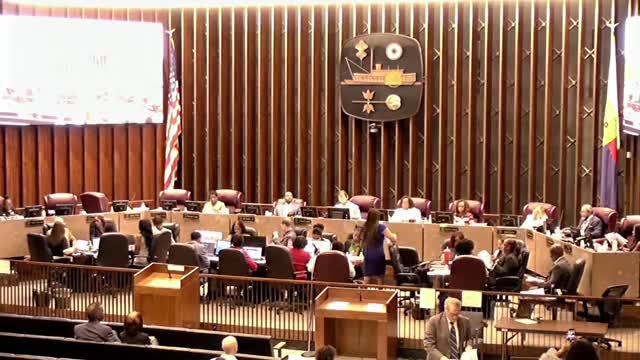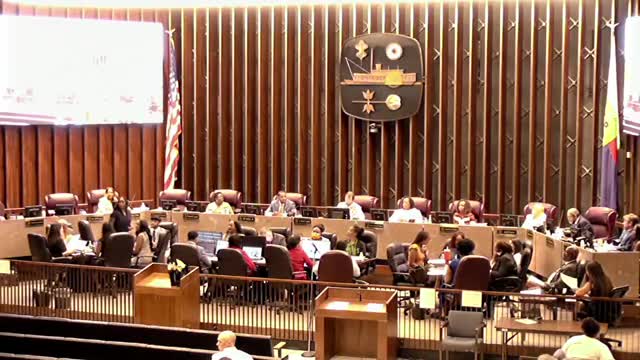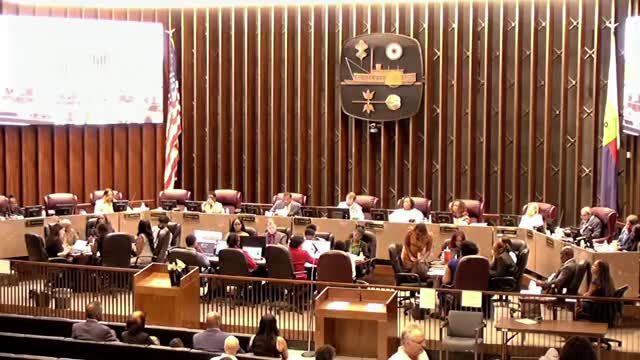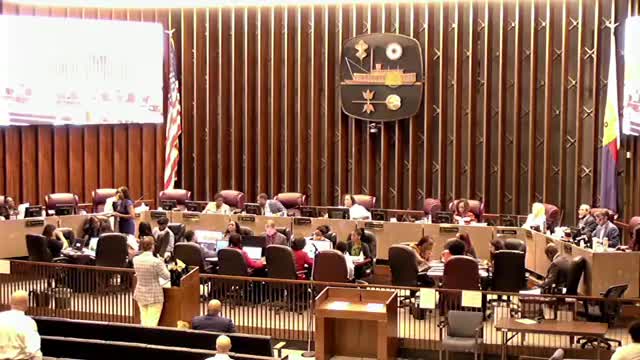Article not found
This article is no longer available. But don't worry—we've gathered other articles that discuss the same topic.

Residents and council members press appeal over South Third Street lot split that could affect Save A Lot

Council approves one-time $2,950 bonus for eligible city retirees

Council confirms three department directors for parks, animal services and community enhancement

